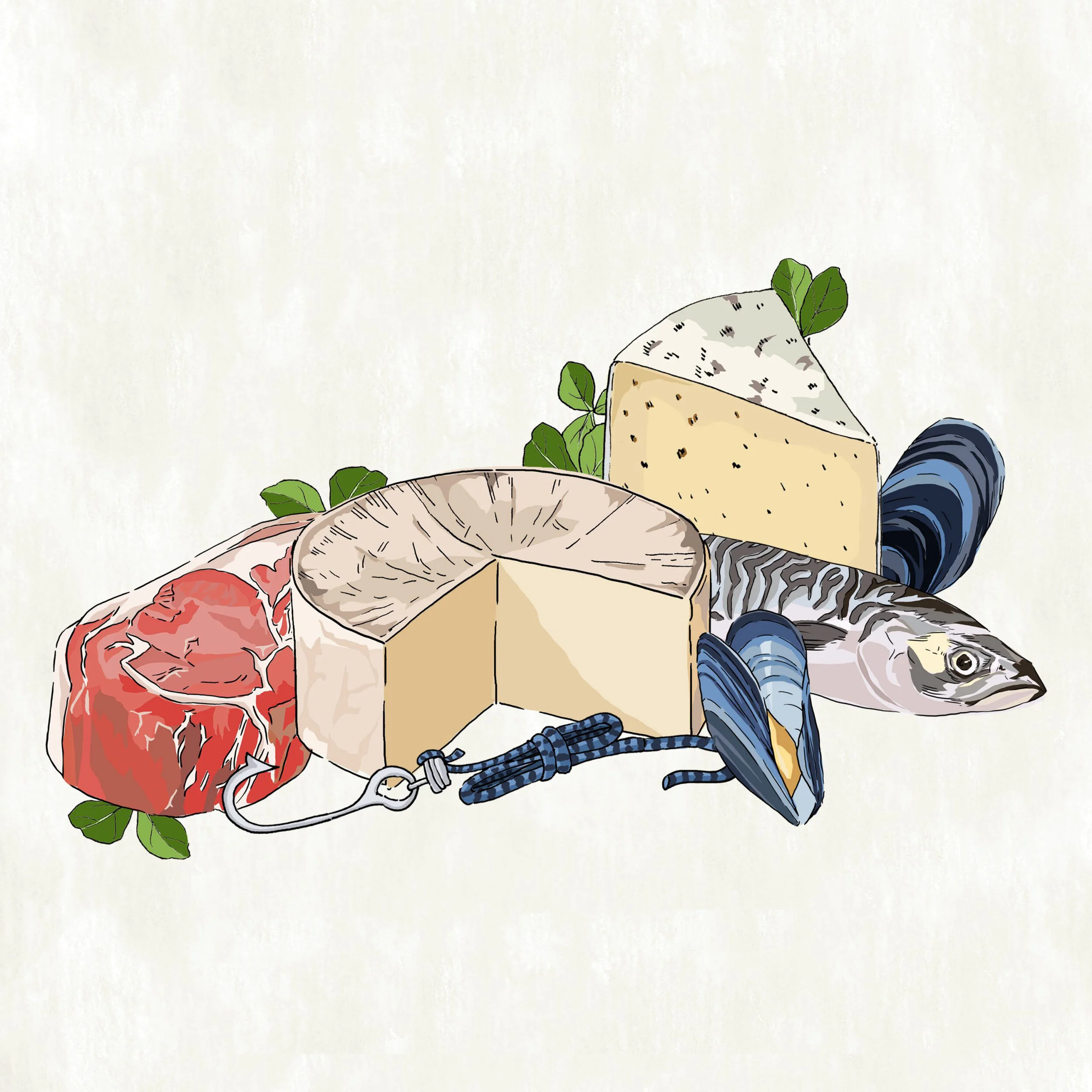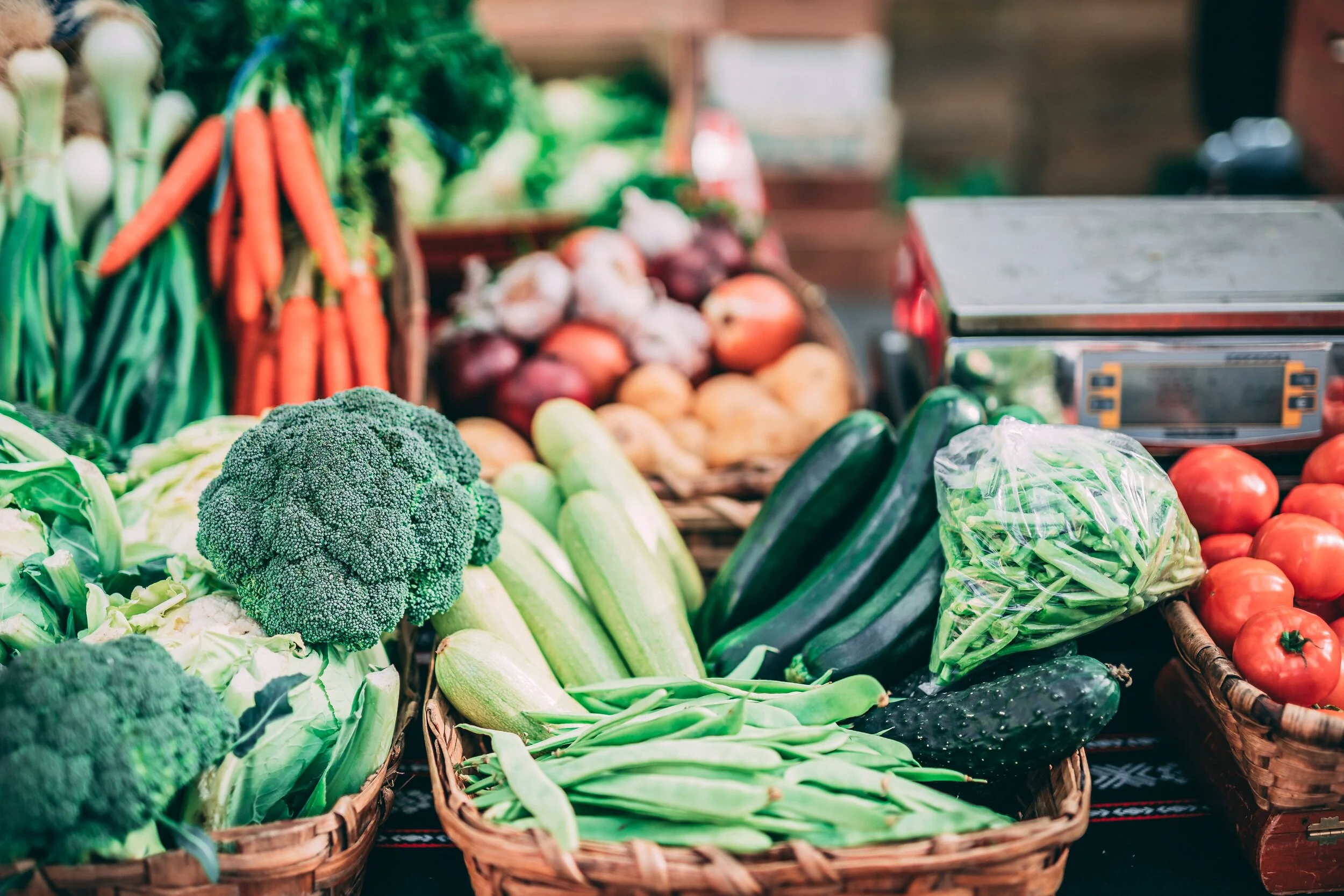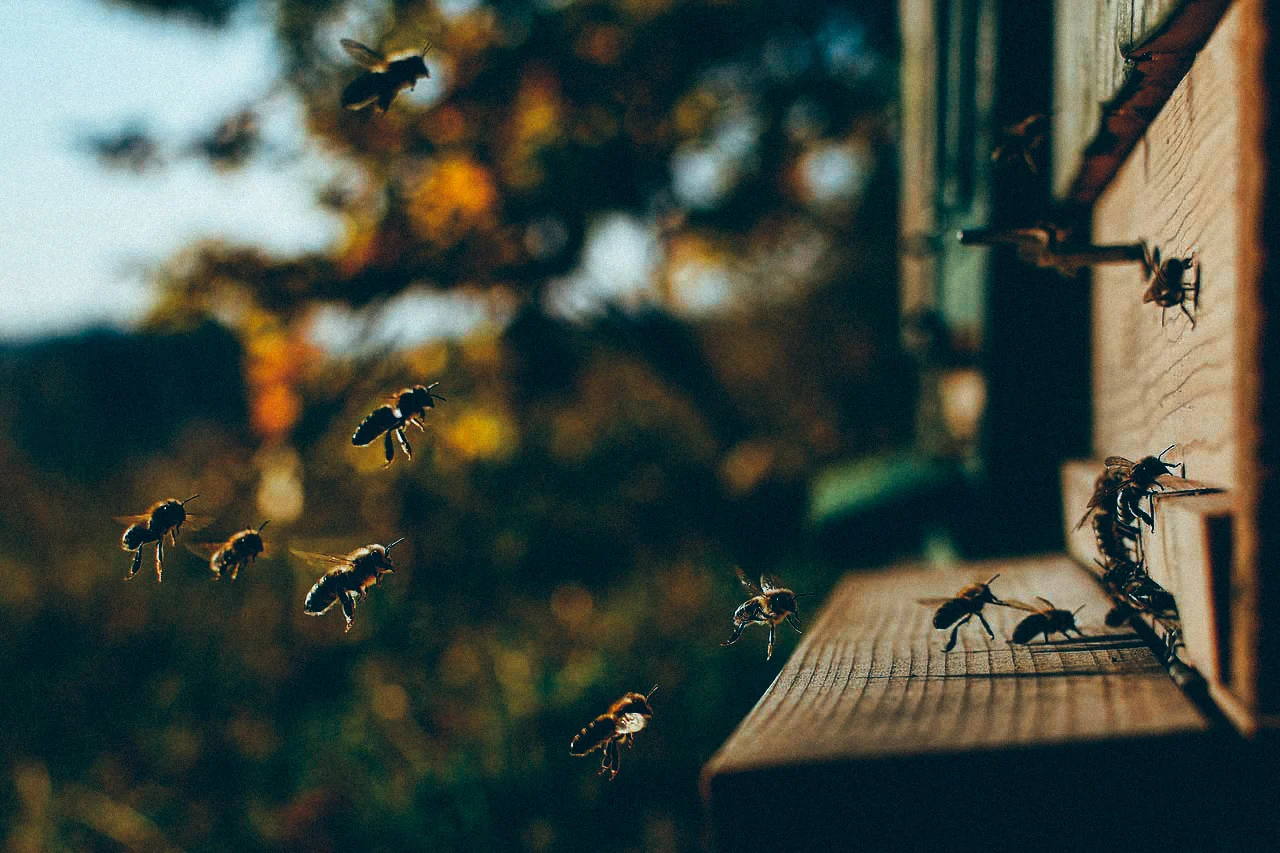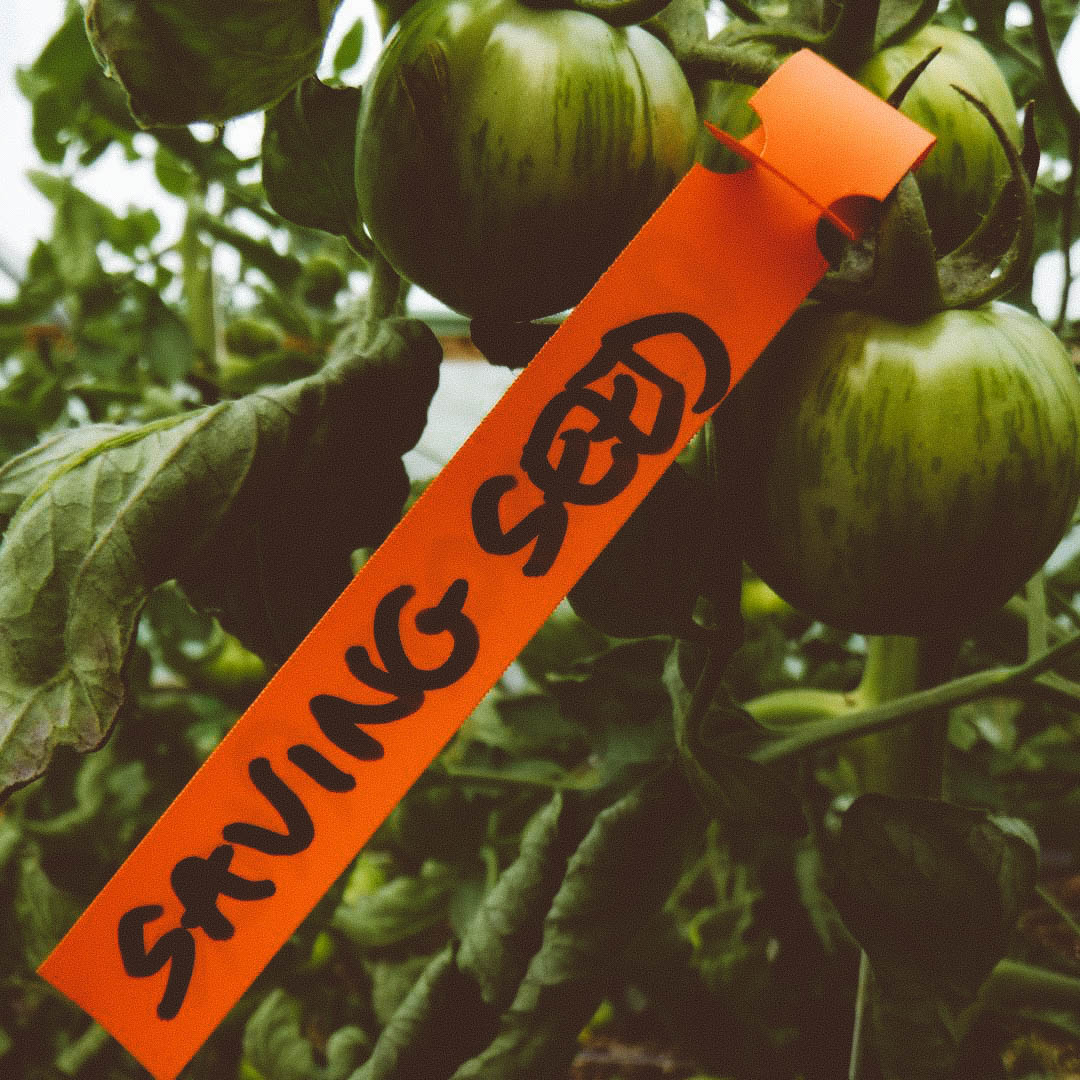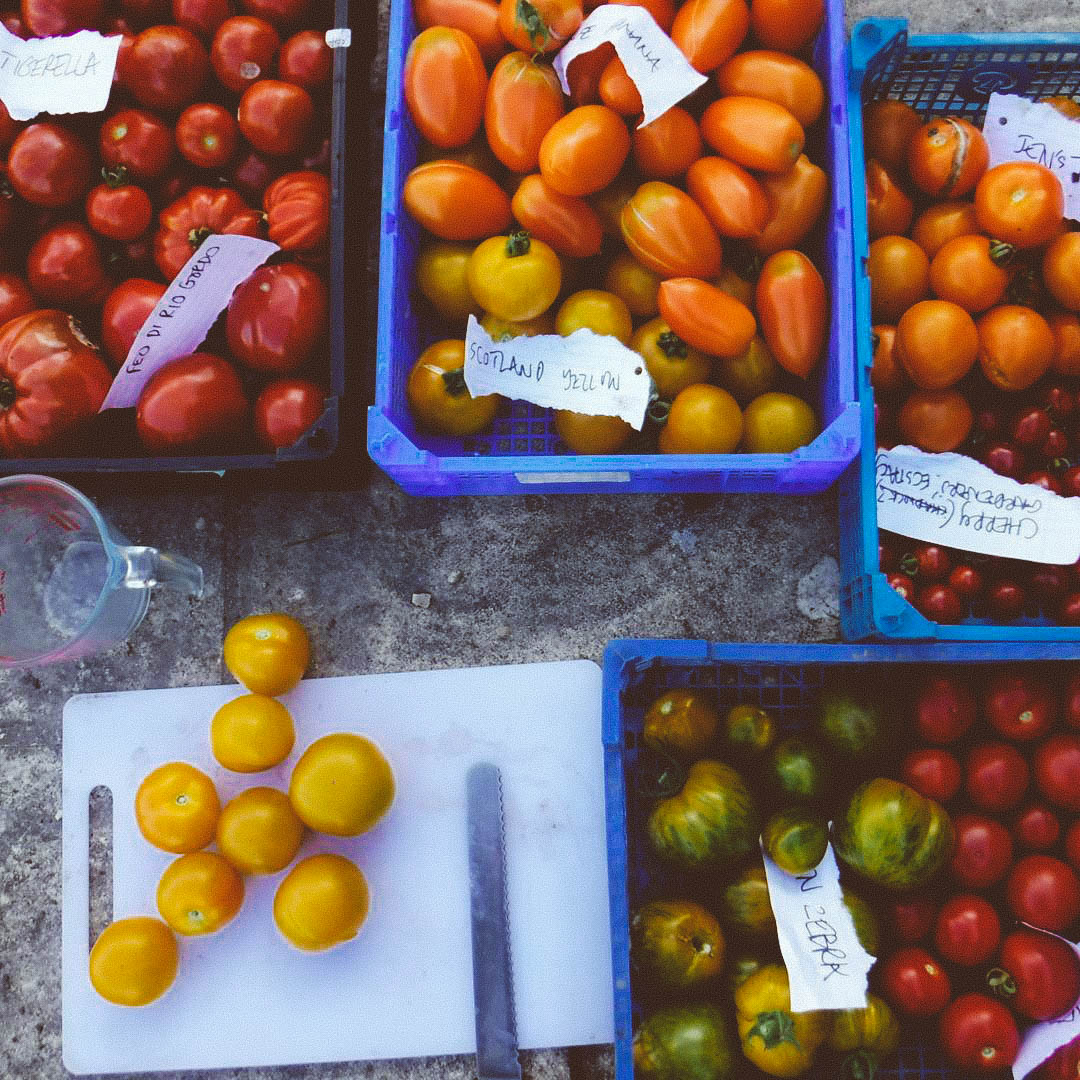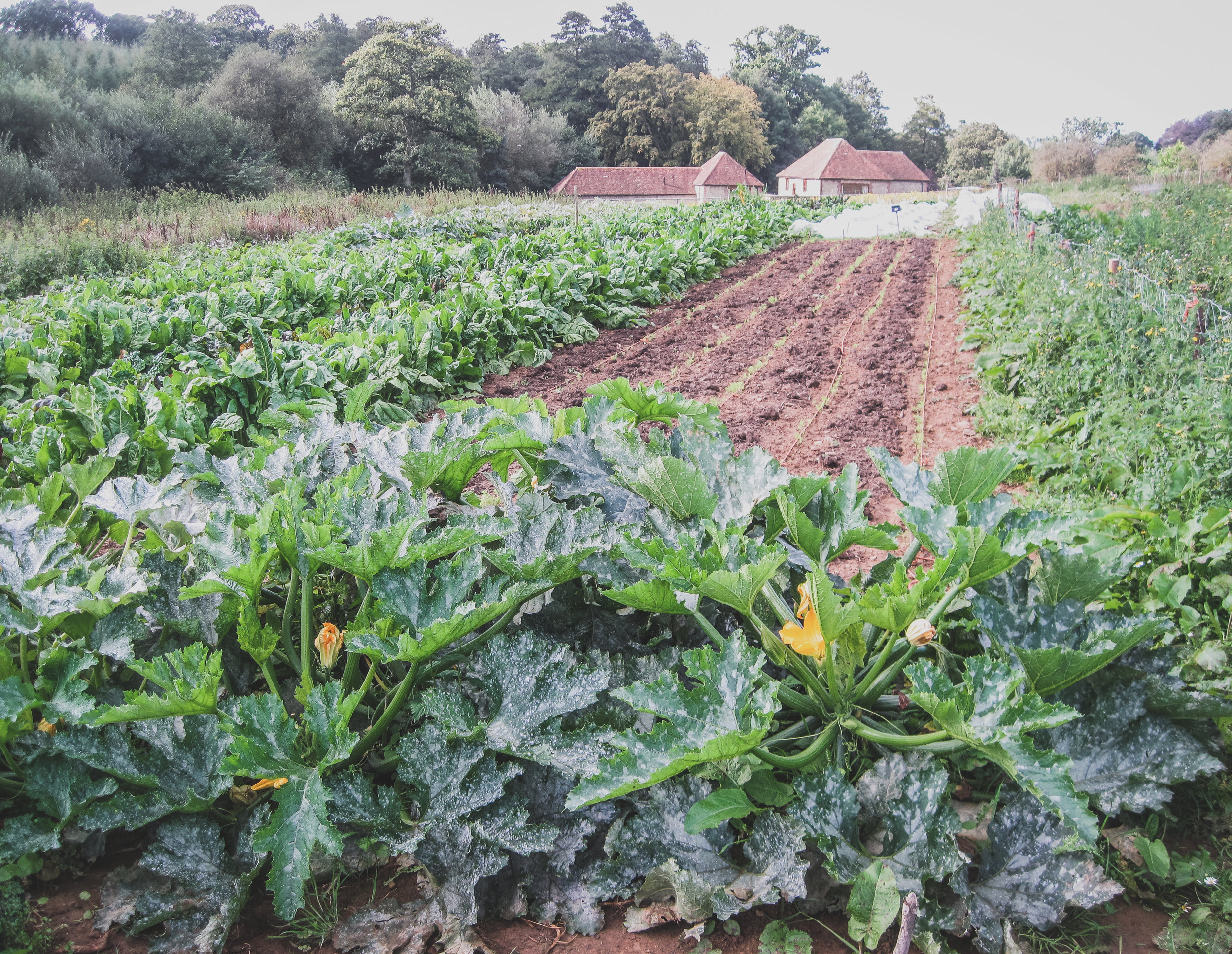by Phil Moore, Ecological Land Cooperative
“Never doubt that a small group of thoughtful, committed citizens can change the world. Indeed, it’s the only thing that ever has.”
Margaret Mead’s oft-cited quote has a certain mileage in the underpinnings of the Ecological Land Cooperative (ELC) — the only organisation in England and Wales to fight for affordable residential smallholdings for ecological agriculture.
Changing the world has to start somewhere, and so the ELC have focused their energies on land in the U.K. According to Kevin Cahill, author of ‘Who Owns Britain’ (2001), nearly half of the UK’s land is owned by just 40,000 people — 0.06% of the population.
For many of those wishing to lead a land-based livelihood, such dreams are stymied by two distinct, but not entirely insurmountable, obstacles — the high cost of land and getting planning consent to live as an agriculture worker on your small-scale mixed farm. Between 2000 and 2010 new farm entrants accounted for just 4% of agricultural land purchasers. The average age of the British farmer is now 59.
This is where the ELC come in.
Zoe Wangler, former ELC Executive Director, and who remains a close ally, was inspired to help start the ELC through the example of others:
“I met a lot of people who wanted a land-based livelihood and wanted to contribute to a better world but just couldn’t access land. When I came across this idea for the ELC - using community finance to buy land and then getting planning permission for people to live on the land so more people could do such projects - I thought I’d absolutely love to get behind that.”
The origins of the Ecological Land Cooperative lie in spirited discussions in the spring of 2005 between members of Chapter 7, the ecological planning consultancy, Radical Routes, a co-operative working for social change, Somerset Co-operative Services, a co-op development body, and a smallholdings like Landmatters, Lammas, Highbury Farm and Five Penny Farm.
The desire for many to inhabit a living countryside in which humans flourish alongside the natural world, and centred around small-scale land-based enterprises providing meaningful employment, is vital for creating food and energy sovereignty.
Re-vitalising rural communities, improving ecological literacy and providing decent and honest food are lofty desires demanded by the passionate.
The Ecological Land Cooperative is the midwife to such breathy ideals, giving the doers and dreamers a practical hand in making small-scale agroecological farming a reality.
The ELC model and core business is simple: the creation of small clusters of three or more affordable residential smallholdings. As well as land, we provide smallholders with permission to build their own sustainable home, with utilities and road access. Our model allows us to keep costs as low as possible, both through buying larger sites at a lower price per acre and through distributing the cost of infrastructure, planning applications and subsequent site monitoring across a number of smallholdings.
The ELC model of new starter farms is protected for farming, for affordability, and for sustainability. Small-scale agriculture presupposes an ethic of care for the land and a desire to feed people good food. This runs counter to the dominant food production system we see in the U.K. and globally.
The ELC has the skills and expertise necessary to show planning authorities why such small-scale farms make sense financially and culturally. As a cooperative, retaining the acquired knowledge around planning and policy is crucial as a way of both replicating the small clusters of farms model and in dealing with planning law to allow future farmers to focus their energies on growing their business.
More recently we’ve been awarded a temporary planning permission by Wealdon District Council for the creation of three smallholdings on our second site in Arlington, East Sussex.
The application process to lease one of our three smallholdings in Arlington opens in mid-September. Please visit our website to apply and to find out more about our work here: www.ecologicalland.coop/arlington
Our first site in mid Devon has been established for five years with three smallholder families running successful farm-based businesses benefiting the local area in a variety of ways, from providing excellent quality fruit, vegetables, meat, flowers, herbs and other organic produce, to creating volunteer and training opportunities and an environment in which the local ecology is thriving. We also have a third site on the Gower Peninsula in South Wales which is being farmed by a well established local CSA (Community Supported Agriculture) scheme, and a fourth (and possibly fifth) site in the pipeline in the south west of England.
The ELC is part of a movement recognising the value to local communities and the economic viability of small-scale farming -- as well as responding to the desire of young farmers wishing to get on the land.
The changes we are making are slow, but progress is steady and sure and we have big ambitions. Our approach isn’t flashy or loud, but rooted in a deeper rhythm of change and in a firm conviction that change is not only possible but desirable.
More about the ELC and our work: www.ecologicalland.coop










